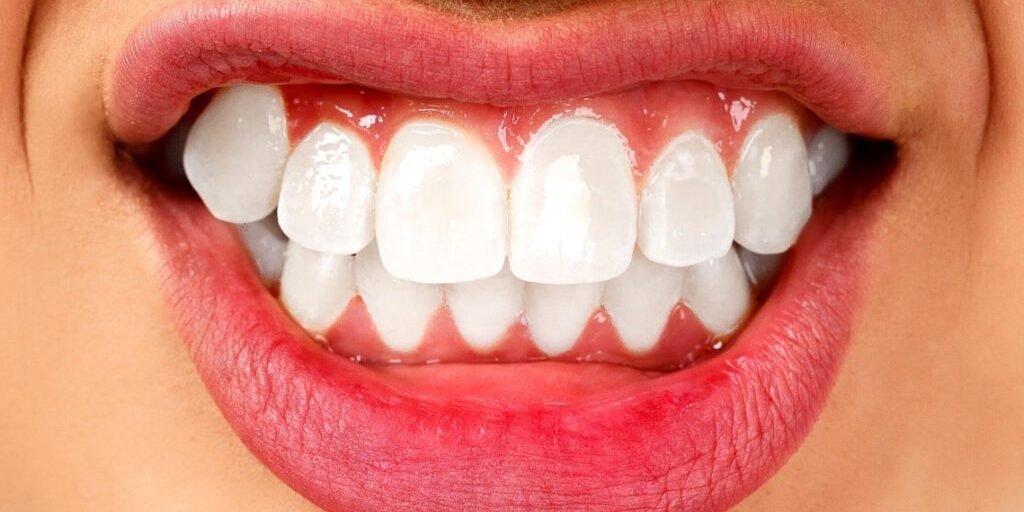Teeth clenching, also known as bruxism, is a common habit that affects many people, often unconsciously. This condition can lead to various dental and health issues, including tooth wear, jaw pain, and headaches. If you or someone you know is struggling with this habit, it’s essential to seek effective treatments to break the cycle and protect your oral health. Here’s a closer look at some of the best strategies to manage and treat teeth clenching.
Understanding Teeth Clenching
Teeth clenching typically occurs during sleep but can also happen during waking hours, especially in stressful situations. Factors such as anxiety, misaligned teeth, and sleep disorders can contribute to this habit. Visiting a qualified dentist in Pune can help you identify the underlying causes and create a tailored treatment plan.
1. Custom Night Guards
One of the most effective treatments for teeth clenching is the use of custom night guards. These dental appliances are designed to fit your mouth perfectly and are worn during sleep. They provide a cushion between your upper and lower teeth, preventing them from grinding against each other. A dental clinic in Viman Nagar can create a custom night guard tailored to your dental structure, ensuring comfort and effectiveness.
2. Stress Management Techniques
Since stress is a significant trigger for teeth clenching, incorporating stress management techniques into your daily routine can be beneficial. Practices such as yoga, meditation, and deep breathing exercises can help reduce anxiety and tension. Regular physical activity can also alleviate stress, contributing to better overall well-being.
3. Behavioral Therapy
Cognitive-behavioral therapy (CBT) can help change the patterns of thought and behavior associated with teeth clenching. A therapist can work with you to identify triggers and develop coping strategies to manage stress and anxiety more effectively. This approach can be particularly useful for those whose clenching habits stem from emotional issues.
4. Dental Corrections
If your teeth are misaligned, this could be contributing to your clenching habit. Your dentist may recommend orthodontic treatments to realign your teeth, which can alleviate the pressure and discomfort associated with clenching. Additionally, if you’re considering restorative treatments, it’s essential to discuss how dental implants might fit into your overall treatment plan. While the dental implant cost in Pune can vary, many find it a worthwhile investment for long-term oral health.
5. Medication
In some cases, your dentist may prescribe medications to help reduce muscle tension or manage anxiety. Muscle relaxants can be effective for short-term use, while anti-anxiety medications may assist those whose clenching is stress-related. Always consult with your healthcare provider to find the right approach for your situation.
6. Lifestyle Changes
Making simple lifestyle changes can also help mitigate teeth clenching. Limiting caffeine and alcohol intake, especially before bedtime, can reduce anxiety and improve sleep quality. Establishing a calming bedtime routine can further enhance relaxation and decrease the likelihood of clenching during sleep.
Conclusion
Breaking the cycle of teeth clenching is crucial for maintaining good oral health and overall well-being. By understanding the causes and exploring effective treatments, you can take significant steps toward relief. Whether you choose custom night guards, stress management techniques, or behavioral therapy, working with a dentist in Pune can help you develop a comprehensive treatment plan tailored to your needs. Don’t let teeth clenching impact your quality of life—take action today for a healthier, more comfortable smile!







